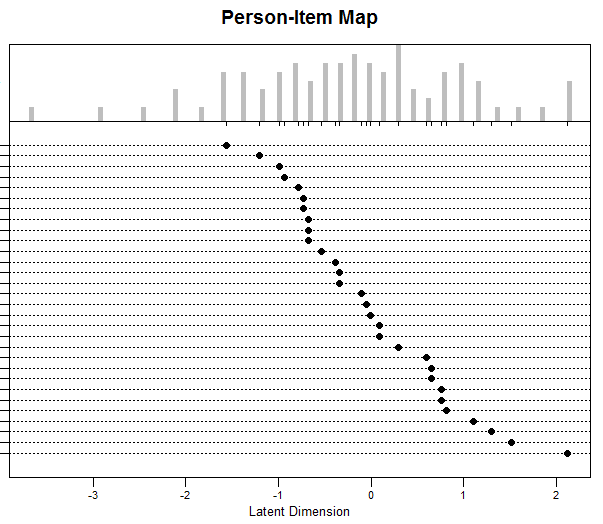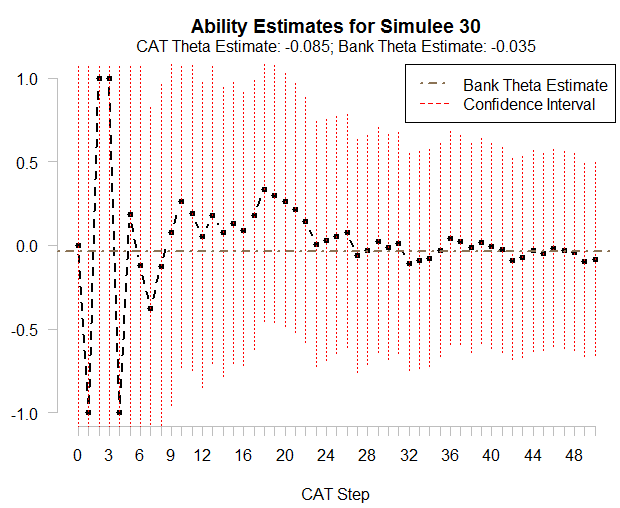In Contrast, item response theory (IRT) is a much more advanced approach for analyzing tests. Moreover, it is not just for analyzing exams; it is a complete psychometric framework that changes how question banks are developed, test forms are designed, tests are delivered, and scores are produced. There are many benefits to this approach that justify its complexity, and there is good reason that most major examinations in the world now utilize IRT.
Our IDE Big Data solution was developed based on IRT theory. IRT theory is mainly based on the Rasch Model. However, our Big Data team has been working with a distinguished statistics professor to publish new research in this area based on Bayesian theory. Our IDE algorithms have been developed combining the Rasch model and more recent advanced algorithms to reach the optimal test results.
IDE can take input from any exam system and produce comprehensive data reports including individual or group abilities, item difficulties, exam reliabilities, etc.


